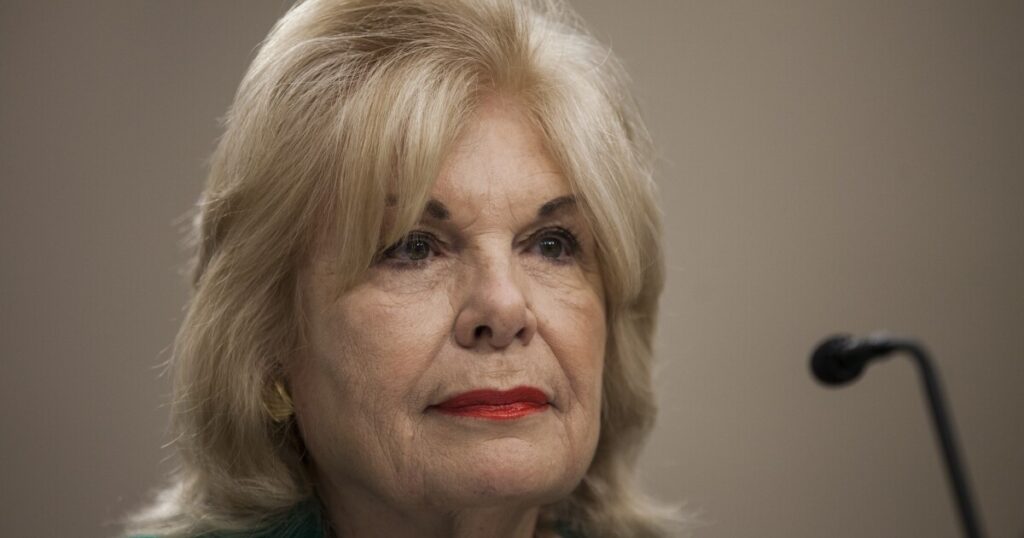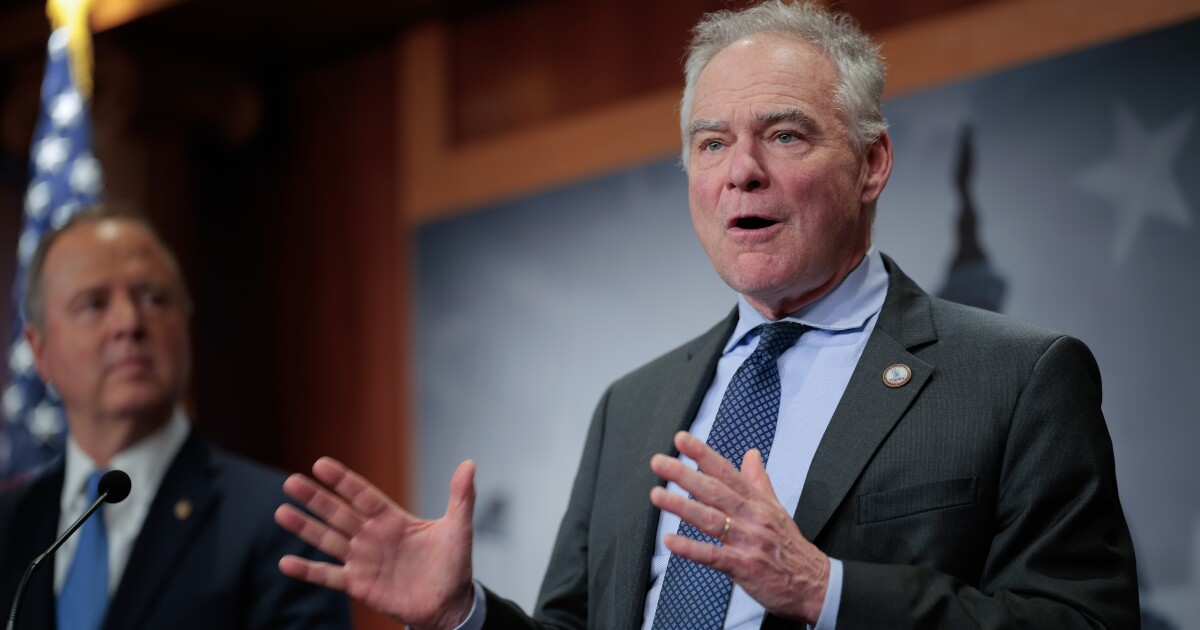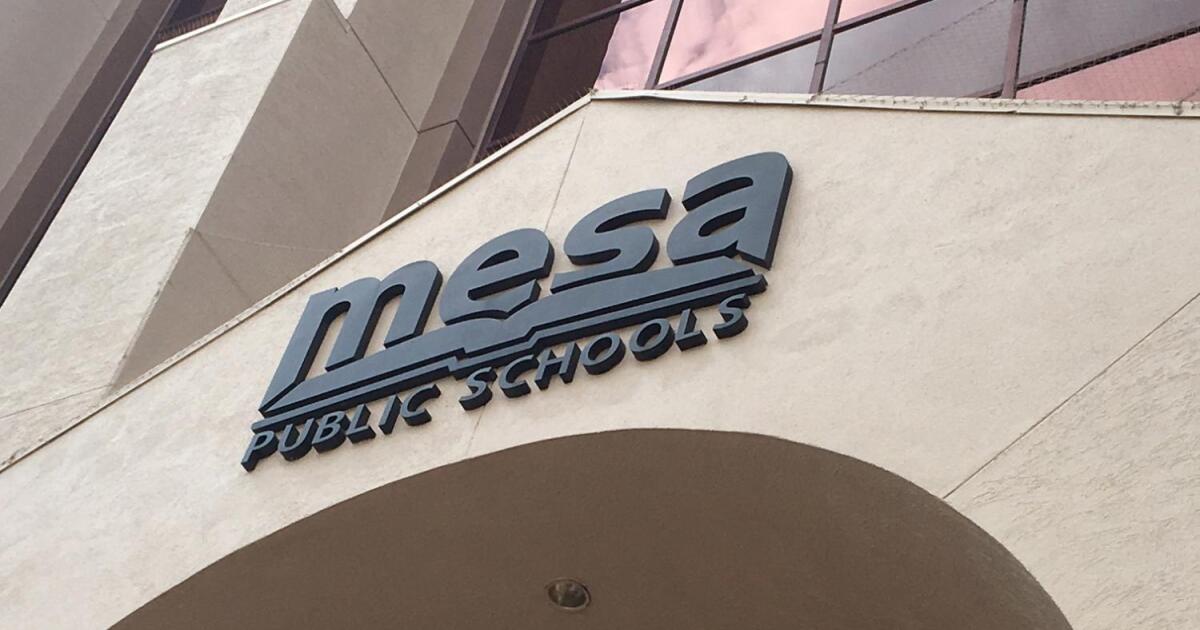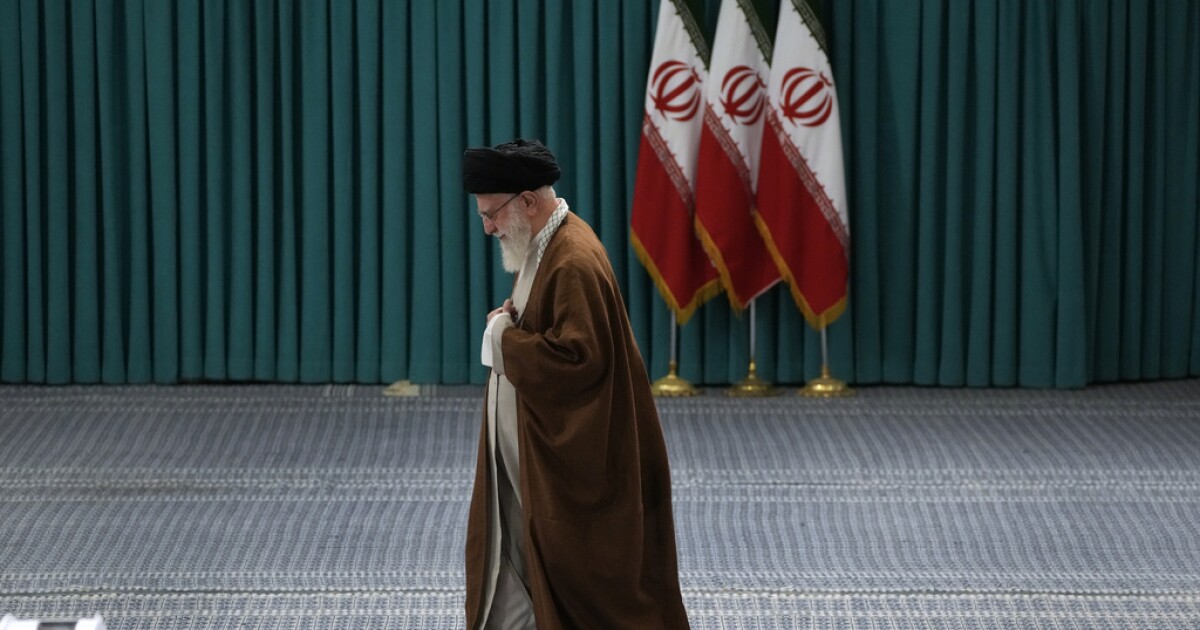Federal Funding Cuts Force CPB to Cease Operations
The Corporation for Public Broadcasting (CPB), known for channeling federal support to NPR and PBS, is set to shut down operations following President Trump’s approval of a law retracting $1.1 billion in funding until fiscal year 2027.
This decision is the outcome of a party-line vote last month that sanctioned a $9 billion rescissions package requested by the White House, which also impacted foreign aid budgets. Hopes for reinstating some funding were dashed when the Senate Appropriations Committee chose not to restore any of the financial cuts on Thursday.
CPB President and CEO Patricia Harrison expressed her regret in a statement, acknowledging the “extraordinary efforts” of millions of Americans who advocated for the preservation of federal funding. “Despite the extraordinary efforts of millions of Americans who called, wrote, and petitioned Congress to preserve federal funding for CPB, we now face the difficult reality of closing our operations,” she stated. Harrison affirmed CPB’s commitment to supporting its partners during the transition with “transparency and care.”
CPB, a private nonprofit established to distribute federal funds to public media stations across the nation, will see the majority of its staff positions eliminated by the end of the fiscal year on September 30, 2025. A smaller team will remain until January to manage compliance, fiscal distributions, and long-term financial obligations, including music rights and royalties, as outlined by CPB.
This marks the first instance in nearly six decades that Congress has denied funding to CPB, causing a wave of shock and sadness through the public media network.
“I didn’t really see a day where this separate institution, which is set up to serve the public, would be shut down,” said Tim Bruno, general manager of Radio Catskill, an NPR affiliate in New York. “I don’t know what stage of grief I’m in right now.”
Anticipating funding cuts earlier this summer, some stations began reducing staff. WQED in Pittsburgh announced plans to lay off 35% of its workforce on Wednesday. Conversely, other stations like Nashville Public Media and KUOW in Seattle reported an increase in donations in response to the funding cuts.
Critics, including Trump and his Congressional allies, argue that public media exhibits bias against conservatives and represents a misuse of taxpayer funds. NPR and PBS refute these claims, emphasizing their impartiality.
NPR’s reliance on direct federal funding is minimal; however, its 1,000 member stations depend more heavily on CPB for operational revenue, particularly those in rural or economically disadvantaged areas. PBS, known for programs like PBS News Hour and Daniel Tiger’s Neighborhood, receives about 15% of its revenue from federal funds.
In response, NPR President and CEO Katherine Maher stated in a statement that the effects of CPB’s closure will be widespread. “The ripple effects of this closure will be felt across every public media organization and, more importantly, in every community across the country that relies on public broadcasting,” she said.
Maher noted NPR’s plans to allocate $8 million from its budget to aid local stations in distress, reinforcing their commitment to local journalism and high standards for independent reporting.
Despite Republican criticisms of bias, public support for federally funded public media remains robust. A Harris Poll conducted last month indicated that 66% of Americans favor federal funding for public radio, with similar approval among 58% of Republicans and 77% of Democrats. The survey included 2,089 U.S. adults with a margin of error of 2.5 percentage points.
—
Read More Michigan News










